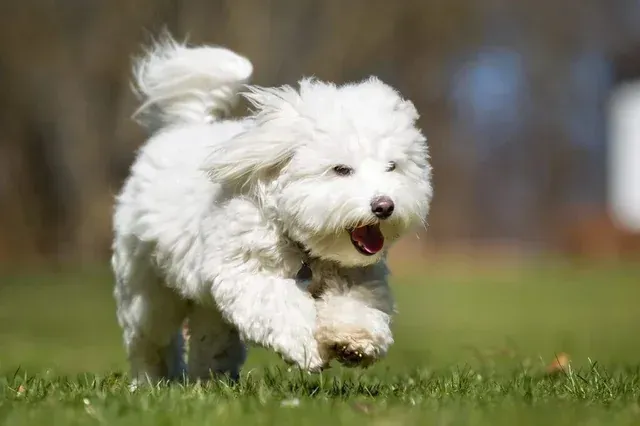
Puppy Training 101

Congratulations on your new puppy—a delightful addition that will fill your home with happiness. Embarking on puppy training is an incredible experience that will profoundly enrich your life. Get ready for an emotional ride filled with proud moments as your little friend learns and grows, even though there might be a few testing times.
Training your pup is a joyous journey. It's truly touching when they master a command or excitedly welcome you home. This rewarding period will leave a lasting impression on you. However, it's not without its trials, which might make you momentarily doubt yourself. Fear not, new pup owner! We're familiar with the ups and downs of raising a puppy, and we're here to offer the advice and support you need during this memorable time.
The Golden Age of Puppyhood
The first months with your new puppy are critical for shaping their future behavior. It's like molding clay into a perfect dog companion. Remember, puppies are just starting to learn, and the world is a fascinating place to them. Patience is more than a virtue; it's your superpower when guiding their growth.
Training your puppy is like a sculptor creating art—it takes time and effort. This period is all about forming good habits and building a strong relationship. You're not just training; you're helping a puppy become a great pet. This requires kindness, empathy, and lots of patience. Mistakes are normal and are chances to teach. Your early influence is vital and lays the groundwork for their behavior for life.

Potty Training: The Great Indoors vs. Outdoors Debate
Let's start with the big one: potty training. It's a messy, smelly, and often frustrating process, but fear not, there's light at the end of the tunnel.
Establish a Routine: Puppies have tiny bladders, so consistency is key. Take them outside frequently, especially after naps, meals, and playtime.
Choose a Spot: Designate a specific outdoor spot for potty breaks and use consistent commands like "go potty."
Praise and Reward: When your puppy succeeds, shower them with praise and treats. Positive reinforcement is a game-changer.
Accidents Happen: Don't punish your puppy for accidents. Clean up the mess calmly and redirect their attention.
Basic Commands: Sit, Stay, and Play
Teaching your puppy basic commands is like building a strong foundation for their future. It's not just about obedience; it's about creating a bond and establishing your leadership role.
Start Early: Begin training as soon as you bring your puppy home. Short, frequent training sessions are more effective than long, tiring ones.
Keep It Simple: Focus on one command at a time and break down complex commands into smaller steps.
Consistency is Key: Everyone in the household should use the same commands and reward system.
Positive Reinforcement: Praise, treats, and toys are your secret weapons. Make training fun and rewarding.
Chewing: A Puppy's Obsession
Chewing is a normal puppy behavior, but it can be frustrating when your favorite shoes become chew toys. Here's how to redirect that chewing energy:
Provide Alternatives: Offer plenty of chew toys to satisfy your puppy's urge to chew. Rotate toys to keep things interesting.
Bitter Spray: Use a bitter-tasting spray on items you want to protect.
Puppy-Proof Your Home: Remove temptations by putting away shoes, cables, and other tempting chewables.
Socialization: The Key to a Well-Adjusted Dog
Exposing your puppy to a variety of people, places, and animals is essential for their social development.
Puppy Classes: Enrolling in a puppy training class can help socialize your puppy and teach them basic commands.
Park Visits: Take your puppy to dog parks (where vaccinations are up-to-date) to interact with other dogs.
Guest Invitations: Invite friends and family over to introduce your puppy to different people.
The Art of Patience

Training a puppy is like running a marathon. It's a gradual process that needs patience, level-headedness, and the acceptance that results won't come immediately. You'll face obstacles, such as setbacks that test your determination, surprise messes that make you question your readiness, and episodes of frustration that stretch your patience.
Remember, these hurdles are just part of the learning curve. To teach effectively, be patient. Be consistent with your training so your puppy knows what's expected, and use repetition and rewards to encourage good habits.
As you work on obedience and friendship, your love is the key. It turns tough tasks into chances to bond, strengthening your relationship with your pup. With love in every lesson, you and your dog grow together.
Committing to training means you're paving the way for a life of friendship. Your efforts now mean your pup will grow into a well-behaved, friendly, and devoted dog.

